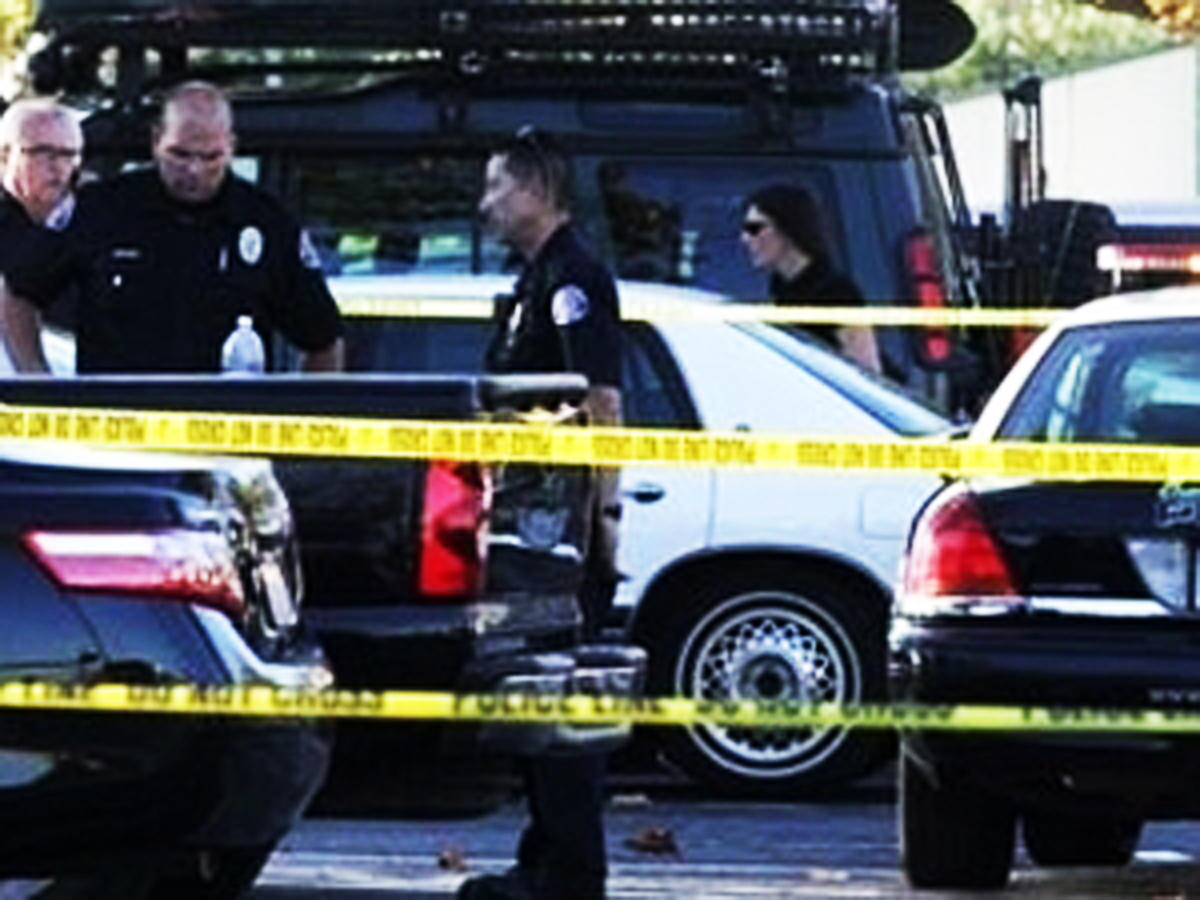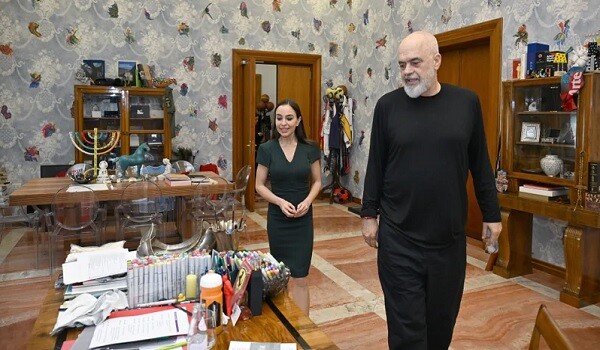Axar.az presents an article “Leadership And Empathy” by John Samuel Tieman.
I'm a retired teacher. The other day, I had this recovered memory.
The schedule for final exams was posted. To make a long story short, on the days we gave a final exam, we spent three and a half hours each day with that class. Two classes per day, three and a half hours with each class. All this for two high school finals, each of which took forty-five minutes to an hour.
This decision was met with universal disapproval, sometimes outright anger, among the teachers. By no means is this the worst decision in the world. But it is interesting. Why? Three reasons. First, the person who decided upon this doesn't appear to be able to imagine the impact of that decision on our daily lives. Second, this administrator is removed from any direct consequence of this decision. Third, the administrator apparently has no way to hear the reactions of the teachers.
It is hard to decide whether this is a problem in the administrative model, or if this decision comes from an inability to understand what another feels. But let's start with the administrative model.
I am inclined to think that we should consider a new model of educational leadership, one not unlike an M. B. A. model of business leadership, or a West Point model of military leadership.
Gone is the day when the long-serving teacher became the department chair, then the principal, and later the superintendent. In my state, Missouri, principals are required to have at least five years in the classroom. Why? Because, at the time the law was written, many principals had fewer than five years in the classroom. It's worth noting that most of us regard five years as significant, albeit quite limited, experience. The relevance of that experience becomes more limited with time. A move to a new district can limit the experience that much further.
Gone is the day when the C. E. O. started on the shop floor, became foreman, went to night school to learn accounting, apprenticed in the front office, and so forth. Someone earns their M. B. A., and starts in the front office. The job is the functioning of the company, not the structuring of the shop floor, this latter job being one best done by a shop foreman.
Perhaps we can learn from the graduate of West Point. That graduate starts as a lieutenant. He or she will soon be a company executive officer and a company commander. Their job will be the functioning of the platoon and the company, not the structuring of the private's daily life. This latter job is best left to the sergeants and the corporals. No colonel would micromanage the corporal's work detail.
We talk, in the abstract, about the function of a district, and the structure of a classroom. In reality, the classroom is micromanaged through the standardization of everything from the daily lesson to, in some cases, the very words of instruction. The results are at times disastrous.
I don't think that there is anything inherently wrong with folks going straight into educational administration. I think there is something inherently wrong with the colonel telling the corporal how to supervise the buffing of the barracks floor.
Now my second concern, empathy. It is possible that the person, who made the decision about the final exams, lacked empathy. I refer here to the sense of empathy as attunement.
It is best to start with what “empathy” is not. It is not “sympathy.” Interestingly, “Dictionary.com” makes special reference to the fact that these two terms are often confused. Empathy is the capacity to think and feel oneself into the inner life of another. Empathy is the ability to know emotionally what another is experiencing from within their frame of reference. Empathy is me thinking about you thinking, and understanding your thinking from your point of view.
Empathy is a neutral term. Sympathy has the connotation of kindness. Empathy can be kind. It can also be vicious. As Richard Friedman put it in the “New York Times”, "When the Nazis were bombing Rotterdam in World War II, for example, they put sirens on the Stuka dive-bombers knowing full well that the sound would terrify and disorganize the Dutch. The Nazis imagined perfectly how the Dutch would feel and react. Fiendish, but the very essence of empathy."
Some people have a reduced capacity for empathy. It must be said that it would be extremely worrisome if an administrator lacked that capacity. According to the “Diagnostic and Statistical Manual of Mental Disorders (fifth edition)”, one characteristic of a narcissistic personality disorder, and of an antisocial personality disorder, is the reduced ability to feel empathy for others.
With this in mind, empathy is a form of attunement to the emotional disposition of the other. The administrator must be attuned to the emotions of the other. It is an absolute necessity for any form of educational dialogue. It allows for an accurate judgment of the feelings between administrator and teacher. I hasten to repeat that these feelings are not necessarily positive and uplifting. Nor should they be. Sometimes what is shared is anger and frustration.





















































